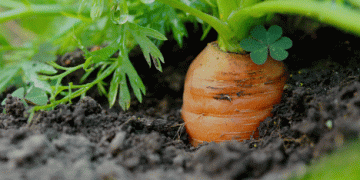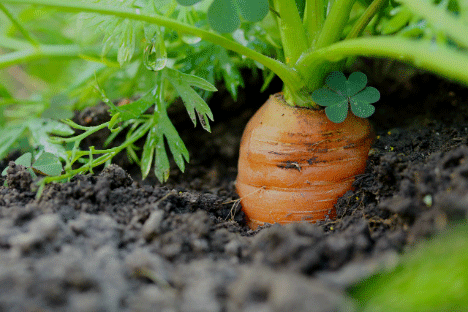Poland’s 2024 field vegetable production has been greatly impacted by a year of volatile weather conditions, causing disruptions across the agricultural sector. According to the latest reports, the country faced a combination of excessive moisture, droughts, frost damage, and extreme temperatures, all of which have hindered the growth and development of major crops.
Early in the growing season, excessive soil moisture delayed fieldwork, pushing planting schedules back for many farmers. This was followed by a rainfall deficit in late April and May, which significantly slowed plant development. As if these challenges weren’t enough, late frosts caused further damage in early May, and hailstorms in the same month inflicted physical injuries on crops. June brought soaring temperatures that dried out the soil, compounding the earlier problems of poor water retention.
The situation improved somewhat in July when rainfall replenished the water levels in the soil. However, this relief came with its own complications. On heavier soils, the precipitation led to crusting, which hindered the infiltration of water into the soil and thus limited its benefits to the crops. These unpredictable weather patterns also contributed to the spread of fungal diseases, pest infestations, and slug damage, further complicating efforts to salvage the growing season.
Despite these numerous setbacks, Poland is still on track to produce substantial quantities of key vegetables. The country expects to harvest approximately 593,000 tons of cabbage, 111,000 tons of cauliflower, over 695,000 tons of onions, 572,000 tons of carrots, 150,000 tons of root parsley, and around 249,000 tons of beets. Additionally, an increase in the area dedicated to specific crops is likely to boost the harvest of tomatoes, cucumbers, and celeriac (knoll celery), offering some hope for a better yield in these categories.
The 2024 growing season in Poland has been a testament to the resilience of the country’s agricultural sector in the face of extreme and unpredictable weather. While significant challenges have impacted crop yields, Poland’s farmers continue to work toward salvaging as much of the harvest as possible. Moving forward, investments in climate-resilient farming practices and better infrastructure may be critical to reducing the vulnerability of the sector to such adverse conditions in the future.































